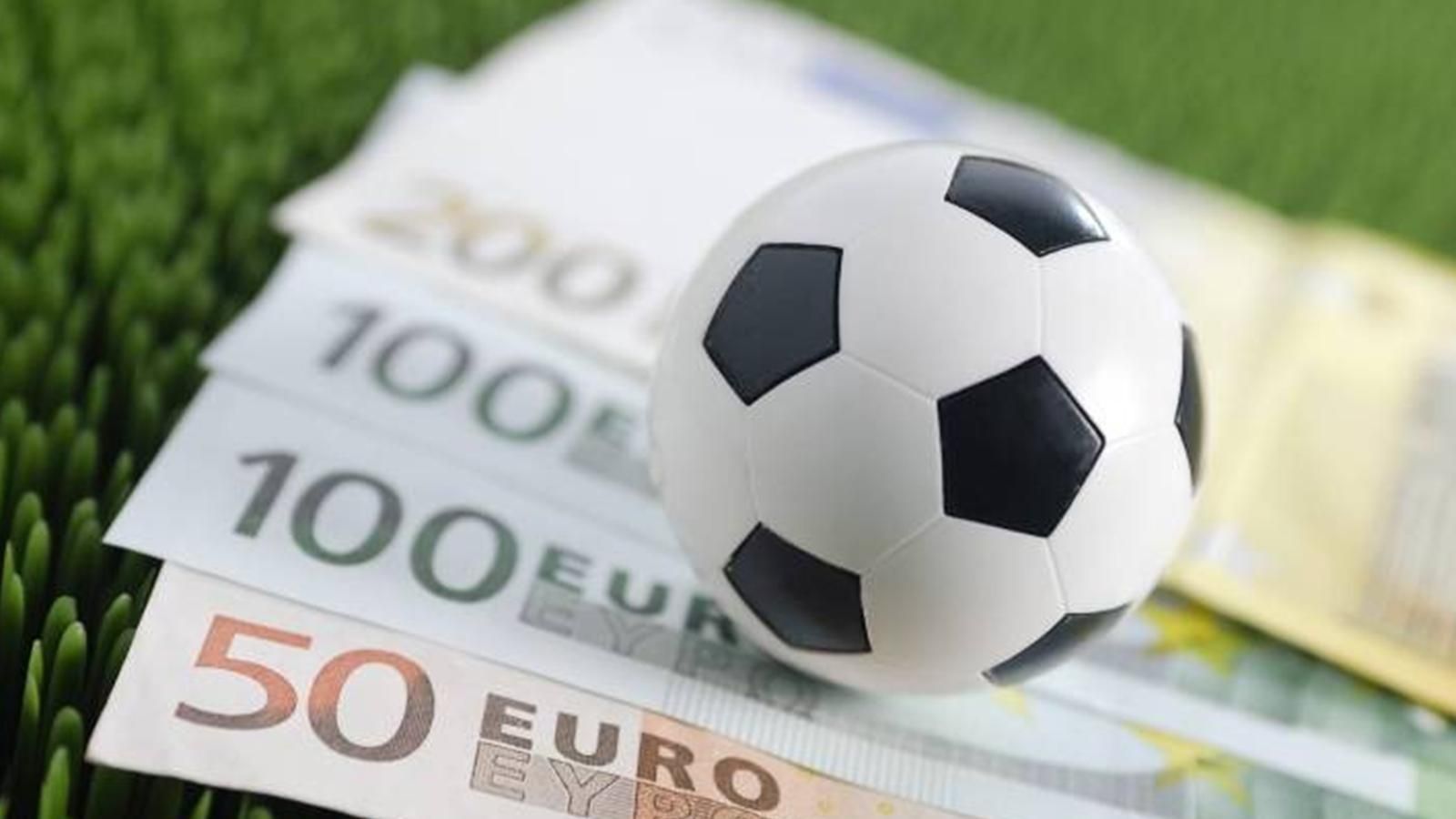As a millionaire footballer lost all his fortune

Northern Ireland football player Keith Gillespie can not be called a loser, in his youth he played for the legendary Manchester United, then for a number of strong professional clubs. But, after the end of his football career, he settled in the small town of Bangor in a modest house, where nothing reminds that the owner earned over 7 million pounds in his career. But he lost his whole fortune.
Having become a member of Manchester, Keith was addicted to playing in bookmakers, especially since the head coach Alex Ferguson himself was not averse to experiencing the fate of gambling. However, Gillespie does not blame the mentor for his problems, he even says that he started playing big when he moved to the Newcastle club. Suffice it to say that in October 1995, he fabulously enriched the bookies, losing a few days of annual salary.
Once a former football player decided to find out - how much money did he lose on the stakes? Counting took a long time: Gillespie picked up the entire "archive" of his income, most of which went into the pocket of the bookmakers, and said that he lost at least 7 million 200 thousand pounds sterling. True, he added that the real amount is probably more: he did not take into account the prize money for the matches in the Northern Ireland team.
A few years ago, Gillespie was declared bankrupt. Only then did he fully realize his dependence on gambling: there was not a penny left in his pocket. He did not want to be treated at the clinic, but assures me that he got rid of gambling. True, he admits that sometimes he makes bets on golf, but he risks small sums, sadly adding: "I do not have any more big ones." Moreover, Gillespie is now married, he has three children, and the golden age, when he could litter tens of thousands of pounds, remained in the distant past. Bitter sighs footballer is not limited, he decided to release memoirs. The result of his confession was the book "How not to be a millionaire footballer". In it, he spoke in detail about his past love for gambling and about the price that had to be paid.
It can not be said that Gillespie's example is something unique: many professional athletes suffer from this predilection. For example, the star of world hockey Jaromir Jagr is a big fan of big bets. Most often, it's unsuccessful. And if the Jagr sometimes wins, the bookmakers have a holiday. After all, they are afraid that a hockey player with millions of incomes will get tired of losing and "tie" with gambling.